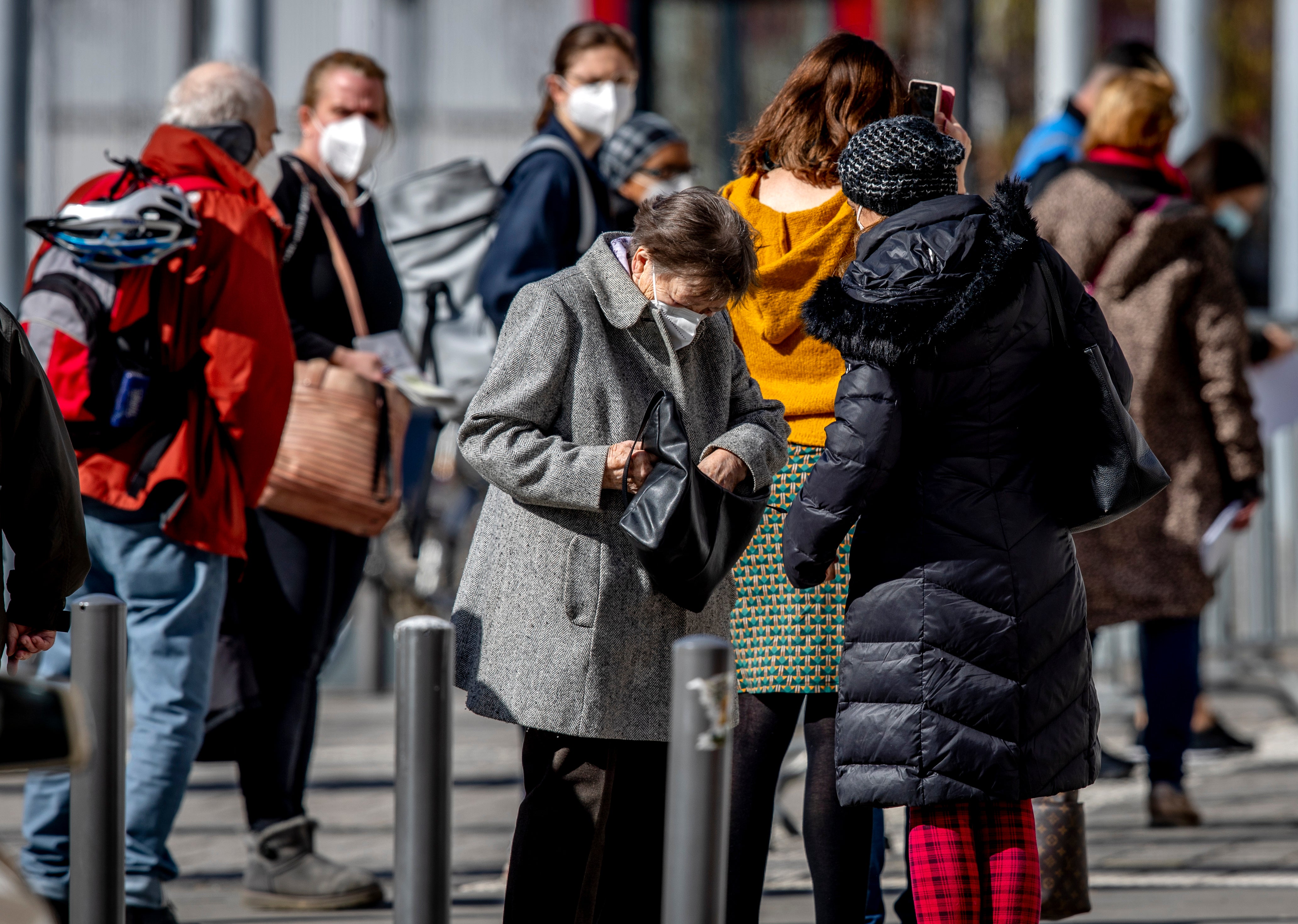German state suspends AstraZeneca vaccine use for under-60s
The German state of Berlin is again suspending the use of AstraZeneca’s coronavirus vaccine for people under 60 due to reports of blood clots

Your support helps us to tell the story
From reproductive rights to climate change to Big Tech, The Independent is on the ground when the story is developing. Whether it's investigating the financials of Elon Musk's pro-Trump PAC or producing our latest documentary, 'The A Word', which shines a light on the American women fighting for reproductive rights, we know how important it is to parse out the facts from the messaging.
At such a critical moment in US history, we need reporters on the ground. Your donation allows us to keep sending journalists to speak to both sides of the story.
The Independent is trusted by Americans across the entire political spectrum. And unlike many other quality news outlets, we choose not to lock Americans out of our reporting and analysis with paywalls. We believe quality journalism should be available to everyone, paid for by those who can afford it.
Your support makes all the difference.The German state of Berlin is again suspending the use of AstraZeneca’s coronavirus vaccine for people under 60 due to reports of blood clots.
Berlin’s top health official, Dilek Kalayci, said Tuesday that the decision was taken as a precaution ahead of a meeting of representatives from all of Germany’s 16 states after the country’s medical regulator announced 31 cases of rare blood clots in people who had recently received the vaccine. Nine of the people died.
All but two of the cases involved women aged 20 to 63, the Paul Ehrlich Institute, Germany's medical regulator, said.
Reports of an unusual form of blood clot in the head, known as sinus vein thrombosis, prompted several European countries to temporarily halt the use of the AstraZeneca vaccine earlier this month.
After a review by medical experts, the European Medicines Agency concluded the benefits of the vaccine outweighed the risks but recommended that warnings about possible rare side effects should be provided to patients and doctors.
Most European Union countries have since resumed use of the vaccine.
Earlier Tuesday, two state-owned hospitals in Berlin announced that they had stopped giving AstraZeneca’s coronavirus vaccine to female staff members under 55-years-old. The heads of five university hospitals in western Germany called for a temporary halt to the vaccine for all younger women, citing the blood clot risk.
Some 2.7 million doses of the AstraZeneca vaccine have been administered in Germany so far.